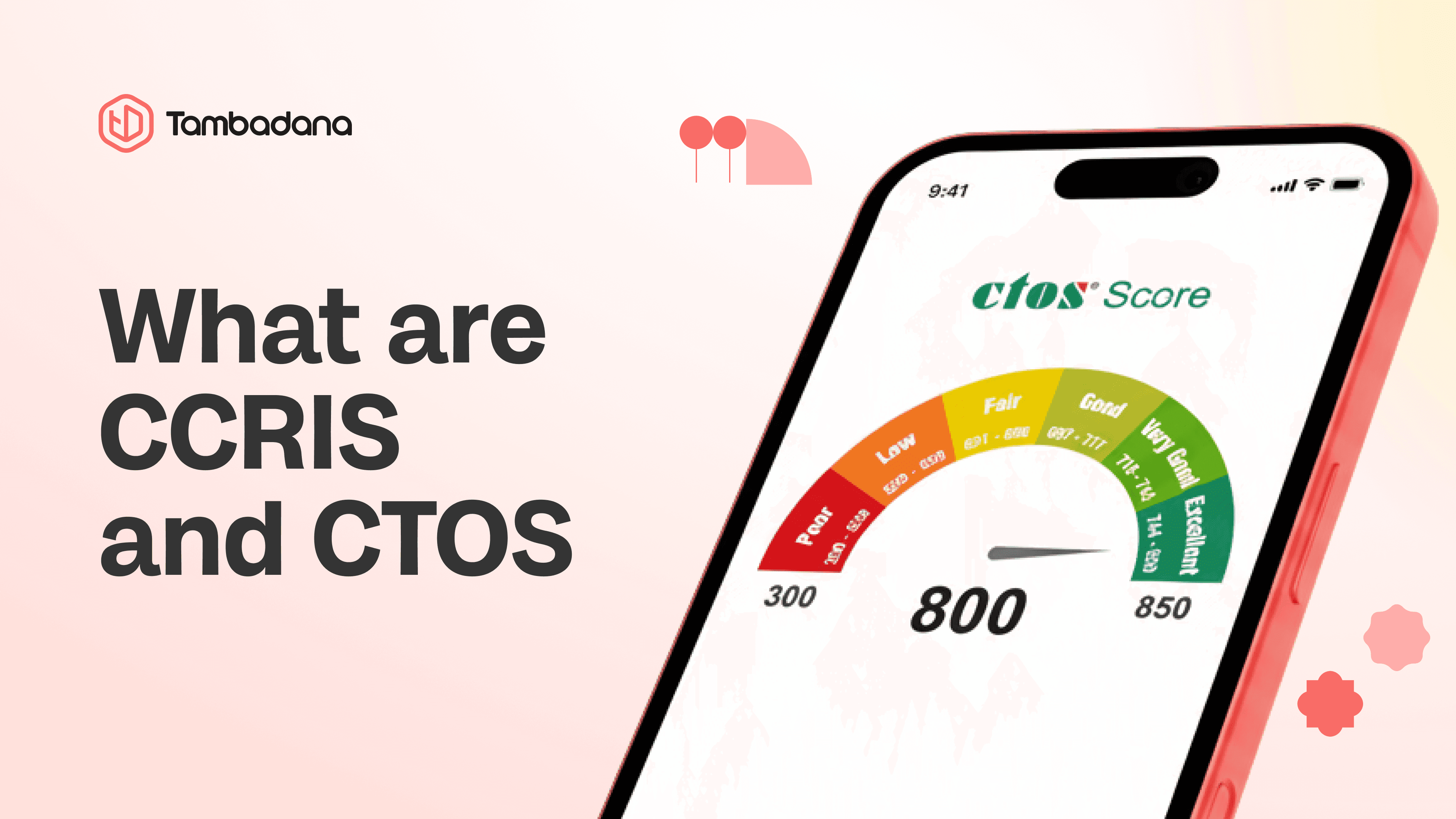Top 10 Tips for Managing Your Small Business Finances in Malaysia
Top 10 Tips for Managing Your Small Business Finances in Malaysia
Managing the finances of a small business in Malaysia can be challenging, especially in an ever-changing economic landscape. However, effective financial management is key to ensuring business sustainability and long-term growth. Whether you’re a new entrepreneur or looking to refine your financial strategies, these 10 essential tips will help you improve your financial health and set your business up for success.
- 1.
Keep Personal and Business Finances Separate
- 2.
Understand Your Cash Flow
- 3.
Create a Budget and Stick to It
- 4.
Save for Emergencies
- 5.
Manage Debt Wisely
- 6.
Stay on Top of Invoicing
- 7.
Plan for Taxes
- 8.
Invest in Growth
- 9.
Monitor Your Financial Health
- 10.
Seek Professional Advice
- 11.
Conclusion
Keep Personal and Business Finances Separate
Why It’s Important
Mixing personal and business finances makes tracking expenses difficult and complicates tax filings.
How to Do It
Open a business bank account and use it exclusively for business transactions.
Get a separate business credit card to track expenses efficiently.
Use accounting software to monitor business spending and avoid confusion.
Understand Your Cash Flow
Cash flow is the lifeblood of any small business. Poor cash flow management can lead to financial struggles, even if your business is profitable.
How to Manage It
Monitor cash flow regularly to ensure steady income and expense tracking.
Use cloud-based accounting software for real-time financial insights.
Negotiate better payment terms with suppliers and customers.
Create a Budget and Stick to It
A well-planned budget helps allocate resources wisely and ensures your business stays financially stable.
How to Create an Effective Budget
- List all business expenses and projected income.
- Set realistic financial targets and review them monthly.
- Adjust the budget as needed to accommodate changes in revenue or costs.
Save for Emergencies
Why You Need an Emergency Fund
Unexpected expenses can put a strain on your business finances. Having an emergency fund prevents relying on debt during tough times.
How Much Should You Save?
Aim for at least three to six months’ worth of operating expenses.
Set aside a fixed percentage of revenue into a dedicated savings account.
Manage Debt Wisely
Why Debt Management Is Important
Loans can help grow your business, but mismanaging debt can lead to financial difficulties.
How to Manage Debt Effectively
Compare loan options and choose those with the best interest rates and repayment terms.
Prioritize high-interest debt repayments to reduce financial burdens.
Use financing options tailored to small businesses, like those offered by Tambadana.
Stay on Top of Invoicing
Delayed invoices can hurt cash flow and business operations.
Best Practices for Invoicing
- Send invoices promptly to ensure timely payments.
- Use invoicing software to automate reminders and track payments.
- Follow up on overdue invoices to maintain steady cash flow.
Plan for Taxes
Proper tax planning prevents penalties and unnecessary financial strain.
How to Stay Tax-Compliant
- Work with an accountant who understands Malaysian tax laws.
- Keep financial records organized for tax deductions and credits.
- Set aside funds for tax payments throughout the year to avoid last-minute stress.
Invest in Growth
Why You Should Invest in Your Business
Cutting costs is important, but investing in business growth is equally crucial for long-term success.
Smart Investments for Growth
Marketing and advertising to attract more customers.
Technology upgrades to improve efficiency and productivity.
Employee training to enhance skills and performance.
Monitor Your Financial Health
Why Regular Financial Reviews Are Necessary
Keeping an eye on your business finances helps identify problems early and ensures informed decision-making.
How to Monitor Effectively
- Review financial statements regularly (profit & loss, balance sheet, cash flow statement).
- Identify areas for cost-cutting or revenue growth based on financial data.
- Use accounting software to get real-time financial insights.
Seek Professional Advice
Why Expert Guidance Matters
Even experienced business owners benefit from professional financial advice.
Where to Get Help
- Hire a financial advisor to develop long-term financial strategies.
- Work with an accountant to manage taxes and bookkeeping.
- Explore financial solutions from Tambadana tailored to small businesses.



